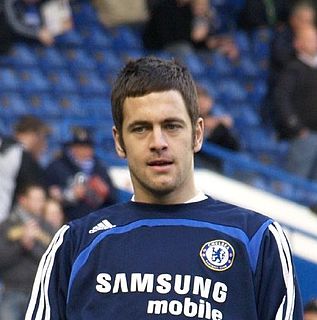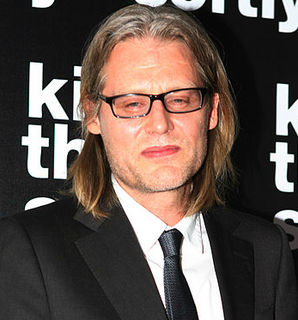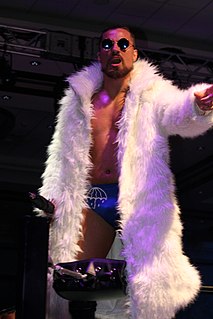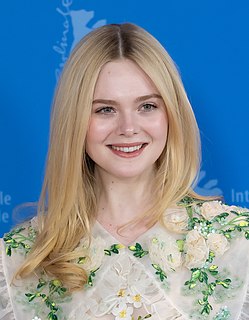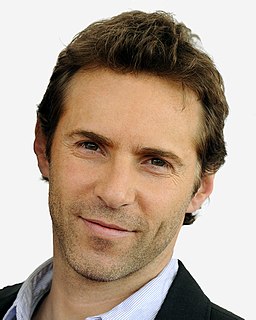A Quote by Andy Serkis
What you can do with visual effects is enhance the look of the character, but the actual integrity of the emotional performance and the way the character's facial expressions work, that is what is going to be created on the day with other actors and the director.
Related Quotes
So I'm always inspired by my fellow actors. And that's kind of a constant for me. I have huge respect for our profession and our craft. And I seek in my work to create connections, first for me with the character and then the character with the other actors, and then ultimately, all of us together connecting with the audience in a way that sometimes is subliminal, even.
I really feel our job as actors is to find a human experience in the character. So, for me, genre comes second; it's about script and the emotional journey of that character. Genre definitely has an impact, but it has more of an impact on the way the character is expressed. We all have the same core emotions of love, jealousy, rage - it's just how they're expressed.
Particularly, the actors, to have analyzed the script in great detail from the point of view of their specific character. So that they have a handle on exactly where the character is in the chronology of things. In that sense the actors become your best check on the logic of the piece, and the way in which it all fits together. They become essential collaborators. The main thing is you have to work with very smart actors.
I was kind of scared at first to do that [vice-over] because when you're on set, a lot of the things going on around you - the environment and playing off other actors - and that's what makes it easier and helps you to be in your character. So, realizing you're not going to have that and you're going to be secluded in this booth, it's like, "How am I going to be a character when I'm just in these walls?"
Animators do amazing working translating and interpolating the characters [in the Planet of the apes], the facial performances. What we're creating on set - if you don't get it on the day, in the moment, on set, in front of the camera, with the director and the actors. The emotional content of the scene and the acting choices.
I aspire to be an instrument of the director. I'm happiest like that. The stronger the director, the more I'm willing to give them. It's not just about admiration for their films, it's how they deal with you, and whether they get you or the way you work. If they don't, you better adjust your way of working to suit them. I want to work with people who are good at what they do, and people who are passionate. As you get older, you suffer fools less easily. That's why there's all those cranky character actors. I'm an exception. I'm a sweetheart.
When you are writing, you have to love all your characters. If you're writing something from a minor character's point of view, you really need to stop and say the purpose of this character isn't to be somebody's sidekick or to come in and put the horse in the stable. The purpose of this character is you're getting a little window into that character's life and that character's day. You have to write them as if they're not a minor character, because they do have their own things going on.

